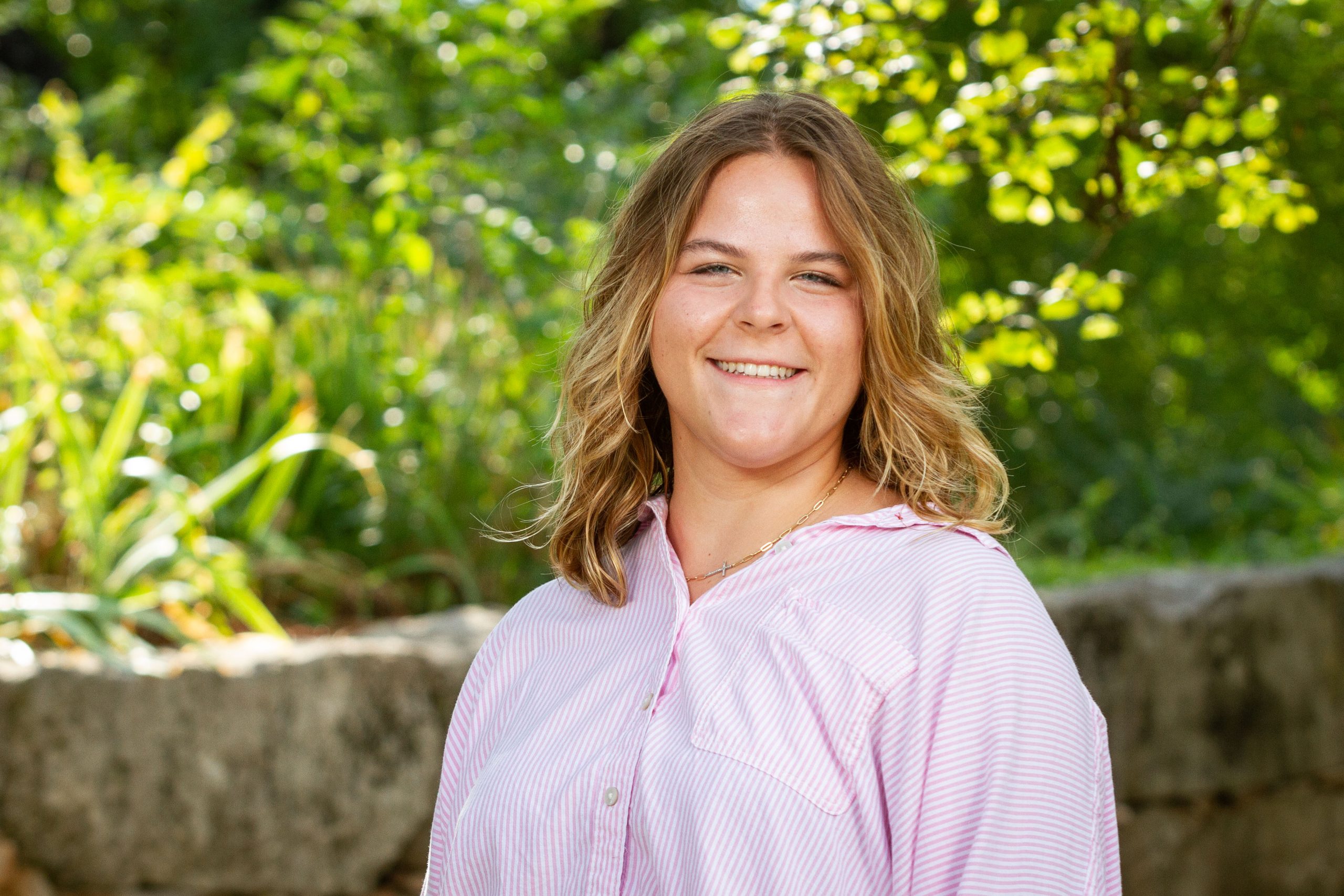Clarice Esch Receives EPA Fellowship to Continue Research at WKU
August 16, 2011 | Academics, Alumni, News, People, Research, Student Success, Students, WKU | No Comments

WKU student Clarice Esch, a rising junior in the Honors College at WKU and a recent graduate of the Carol Martin Gatton Academy of Mathematics and Science in Kentucky, has been awarded a Greater Research Opportunity Fellowship by the United States Environmental Protection Agency (EPA).
The daughter of Carol and Joseph Esch of Somerset, Esch is one of many successful scholars whose research at WKU has led to national recognition.
For the next two years Esch will receive nearly $50,000 in financial support, including a stipend, tuition payment, and an allowance for educational expenses, from the EPA as she completes her degree. As one of almost 40 students from around the country to receive this prestigious award, Esch will also receive funding for an internship between her junior and senior years. This fellowship, offered to promote careers in research, is open to undergraduate students who are pursuing degrees in an environmental field.
“I recognized that this was an excellent opportunity. I knew that if I received the fellowship it would fund my education, my research, and open many doors,” Esch said. “There was no reason for me not to apply.”
Research is central to Esch’s plans. An agriculture major with a concentration in horticulture, Esch plans to earn a Ph.D. and serve as a university faculty member or researcher in a government facility, like the EPA. This fellowship will allow her to travel to out-of-state conferences and meet other experts in her field across the country as she continues her research endeavors and begins to consider graduate programs.
While a student in the Gatton Academy, Esch began searching for a solution for the excess nitrogen from fertilizer that disrupts the flow of waterways. She is attempting to use nitrogen-fixing lichens as a solution.
“The lichens I work with are an excellent option because they are organic and potentially provide a sustainable supplemental source of fertilizer,” she said.
Even before her success in the EPA GRO competition, Esch’s research had received national recognition. This spring, she received an Honorable Mentionfrom the highly competitive and prestigious Barry M. Goldwater Scholarship Program.
Esch offers thanks to the staff of the Office of Scholar Development for their guidance, assistance and willingness to help. She is also grateful to her research mentor, Dr. Martin Stone, Leichardt Professor of Horticulture, for his support in the lab and classroom.
“Clarice Esch has distinguished herself academically, both in the classroom and in her research here at WKU,” Dr. Stone said. “Agriculture is at the center of sustainable food production and its impact on the environment. Clarice is passionate about the intersection of these two critical areas, and she represents the next generation of scientists that will tackle these important issues. We are proud of her and congratulate her on this most prestigious award. It is well deserved.”
Esch said she was “absolutely elated” when she heard the news that she had been selected as an EPA GRO Fellow. “Four walls could hardly contain me,” she said.
Clarice Esch, Environmental Protection Agency, EPA, Greater Research Opportunity Fellowship, Honors College, WKU

